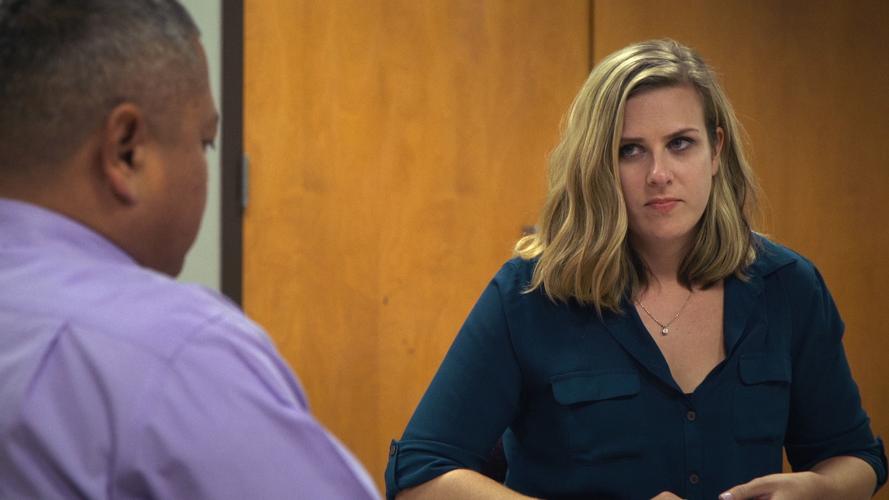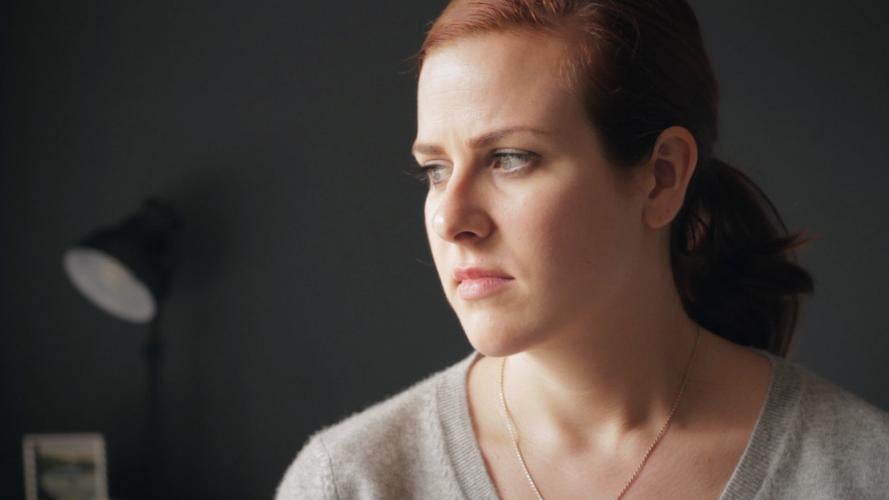When Jillian Corsie graduated from the University of Arizona in 2010, she never planned on returning to Tucson.
Five years before — a month after she arrived to campus as a freshman — Corsie was raped in her dorm room by another student.
She called campus police and two male officers came to take her report. They told her that under Arizona law, what happened to her was considered consensual.
The officers advised Corsie not to mix alcohol and beauty, wrote her case number on a business card and that was the end of it. Corsie put the card away and didn’t look at it for more than a decade, she said in an interview with the Star.
On Oct. 7, 2016, in response to the Access Hollywood Trump tapes, writer Kelly Oxford posted a tweet that changed Corsie’s life: “Women: tweet me your first assaults. they aren’t just stats.”
Corsie replied, “Raped fresh yr of college. Police said ‘don’t mix beauty and booze’ this is the first time I’ve publicly said that. #notokay”
The tweet got hundreds of thousands of interactions, including a documentary filmmaker who wanted to share her story.
“I just thought, if anyone is going to tell my story, it should be me,” Corsie, a filmmaker, told the Star.
She contacted her friend and fellow filmmaker Amy Rosner and the two got to work.
But the final product did more than just tell Corsie’s story. In the film, “Second Assault,” Corsie confronts the campus police officer who took her report more than a decade prior.
“I can’t say enough good things about him,” Corsie told the Star. “He was really wonderful and he agreed to meet with me on camera, never having met with me in person before. What you see in the film, when we come together and have that conversation, that’s exactly how it played out.”
Corsie said she was so anxious during the meeting with the officer, who still works in the University of Arizona Police Department. The department did not respond to the Arizona Daily Star’s request for comment.
She’s also anxious about returning to Tucson this weekend, saying she never believed she’d be back.
“I had such a miserable experience that freshman year that it really put a dark cloud over my entire college experience,” Corsie told the Star.
But she’s back for a good reason: To screen “Second Assault” in the Loft Film Festival’s Shorts Showcase and at a second showing on the UA campus. Both events will be followed by question-and-answer sessions.
“What this really is about is believing survivors,” Rosner told the Star. “I think for Jillian to confront someone after all these years, especially in the climate we’re in right now, there absolutely is a public narrative of sorts happening.”
While some people still believe survivors are lying, there’s a more open forum to discuss issues of assault and consent, Rosner said.
“The driving force behind the film is how do we have conversations to change the narrative?” Rosner said. “A lot of these are conversations we haven’t had in public, and now it’s coming out more and more. There seems to be more spaces to have survivors validate their reality and their story.”
While sexual assault is a problem across the country, it seems to be magnified on college campuses. On top of that, the reporting process isn’t easy for victims to navigate, Corsie said.
“There’s a saying that its easier to get kicked out of a university for plagiarizing than it is for raping another student,” Rosner said. “We all know the survivor is the one that goes on trial. The focus isn’t on the one that committed the assault, and usually they end up staying in school with the person they assaulted.”
Rosner said that while the situation for sexual assault survivors hasn’t improved politically in the years since Corsie’s experience, there’s finally a public discourse on the subject of assault.
“I’m not sure that would have happened before #MeToo,” Rosner said. “We didn’t know #MeToo was going to happen, we were making the film two years before, but we sort of had this weird coincidence of our film coming out when #MeToo was happening. Maybe it created a more fertile ground for more engaging discussions.”
The film has been screened at film festivals across the country over the past several months, with Q&As after each screening. Corsie and Rosner said they’ve been impressed with the conversations that have arisen during the screening and the level of engagement from local communities.
“After the first screening, there was a woman in her 60s who came up to me and said our generation is giving her generation the voice they never had,” Corsie said. “That makes me feel like we are making a difference, even if it’s as small as starting conversations.”





